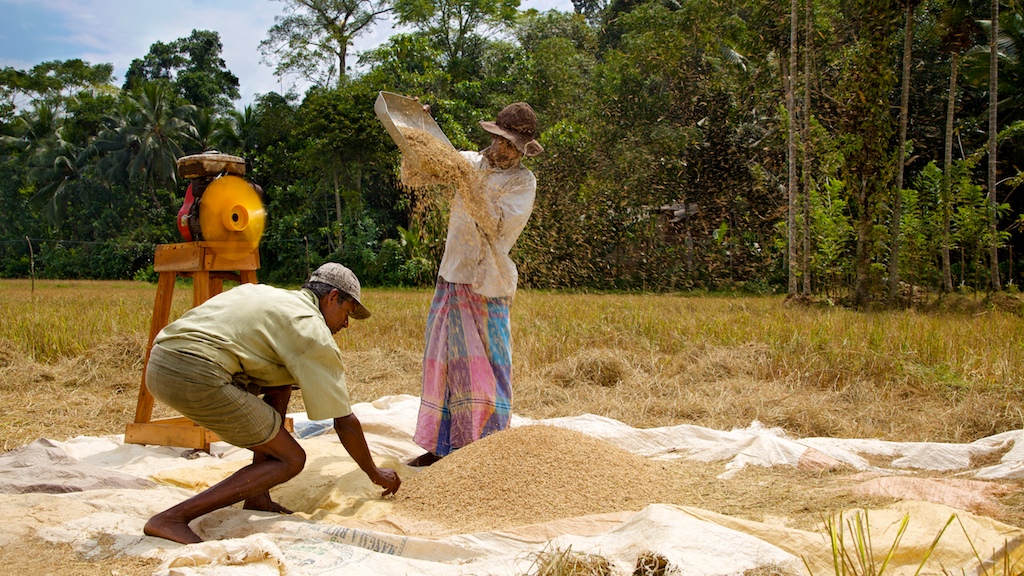
Photograph: Flickr/Michael Foley
Consumers in Sri Lanka are being forced to eat less as food costs continue to spiral, with warnings from nutrition specialists of malnutrition striking the island soon.
The prices of some staple goods have soared in the midst of an economic crisis gripping the island, with even basic foods such as beans or carrots doubling or tripling in price respectively.
“In the past, I have never reduced the food in the house,” Anura Fernando from Kadawatha told the Sunday Times. “But now I am compelled to do that because I cannot manage to buy provisions for my house as all the things are very expensive.”
Dr Jaanaki Gooneratne, Former Head of Food Technology Section at Industrial Technology Institute, Colombo told the Sunday Times that this would soon “have a long term impact on the country’s population in future”.
“Currently people are limiting their intake of certain food groups due to the increased prices,” Dr Gooneratne warned. “Lack of diet diveristy and inadequate amount of food consumption will have an impact of nutritional imbalance and malnutrition among the population in future.”
.jpg)
Food prices In November 2021...
.jpg)
... and in December 2021.
The latest stark warnings come just days after Fitch Rating agency has downgraded the country’s Long-Term Foreign-Currency Issuer Default Rating (IDR) to ‘CC’, from ‘CCC’, a move that reflects the dire state of Colombo's finances.
Last week, the Chief of the All Island Canteen Owners' Association (AICOA) claimed more than 80% of all hotels and canteens across the island will be forced to as a domestic gas fuel shortage and soaring food prices left the island in the midst of a worsening food crisis.
Protests have taken place across the Tamil North-East and the Sinhala south against the increasing prices of essential goods.
“What we are witnessing is the destruction of domestic savings and real incomes," said a Tamil academic and senior investment banker. "The standard of living will see a steep decline. While an IMF package over the long-term is the way out, in the short to medium term, there will be no respite.”
“Hopes of a bilateral bailout is simply wishful thinking. Unless Sri Lanka freely floats the Rupee, dismantles large segments of the client states within such as army, SOEs and its bloated public sector along with the necessary economic reforms no one will come to its aid other than throw it a few crumbs”


